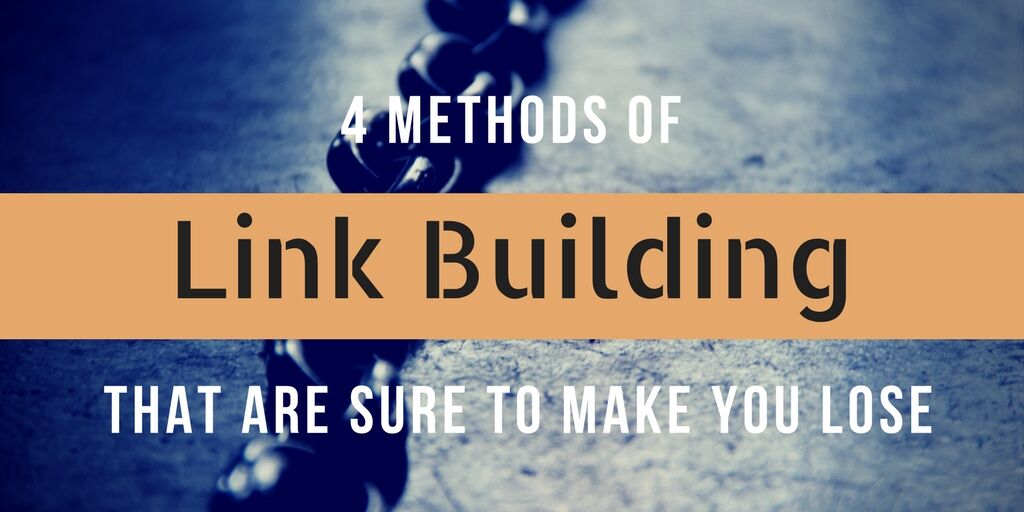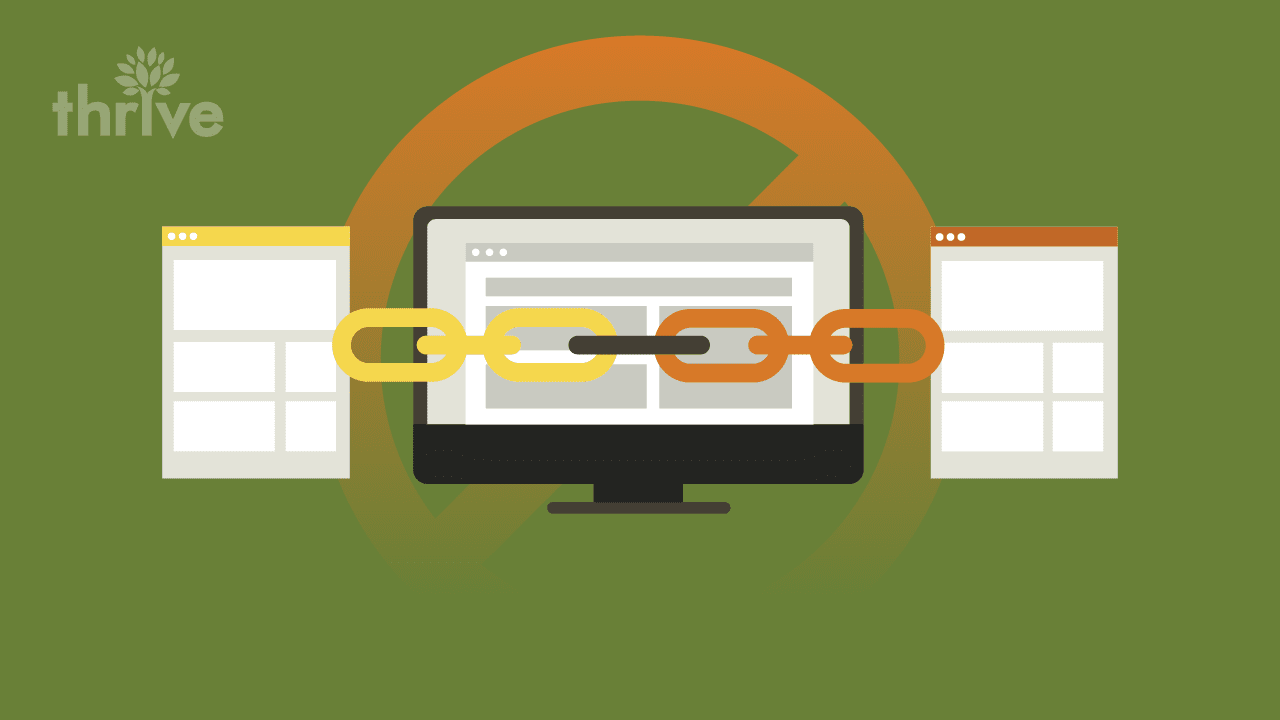 When you’re writing about doing something which is subjective, debatable and relevant, it is not enough to only point out how to do a job efficiently. Sometimes, people learn better when they are taught by example.
When you’re writing about doing something which is subjective, debatable and relevant, it is not enough to only point out how to do a job efficiently. Sometimes, people learn better when they are taught by example.
We talk about link building all the time, and it is no surprise that many of our efforts lead to disastrous results. Therefore, we thought it’s only fair to devote one post to helping you people learn how not to build links.
If we were to summarize the basic mistakes, we would say that most of them revolve around content that is either spammy or looks like spam. Then there are surgical errors, which marketers make in good faith. So let’s focus on those first.
1. Homepage Links Should Be At A Minimum
Imagine your website gets a link from a well-ranking page. They mention your website, and it’s great. But then, you get overexcited and only post links to your homepage on every other website. What do you think happens now?
For one thing, Google starts marking down your website’s rank and, subsequently, the juice attached with the link. Therefore, your traffic numbers and conversions get hit.
Focusing on your conversions is the key, but your link juice lost its value because your homepage is appearing as a link in places where it does not fit. You mention a product from your website in your content, but the link goes back to your homepage. The result: Google marks it down.
Homepage links are merely generic mentions. They are good only when your website is mentioned as a brand or business. In cases where content is specialized (such as guest posts or comments), you should be using relevant articles, product pages or image sources. If you are pasting your link in an article next time: refrain from using the homepage link unnecessarily.
2. Recycled Content On Multiple Sites
When we talk about the seven deadly sins of content marketing, recycled content during promotions falls under the top 3. The problem with this technique is that everybody knows “thou shalt not write the same topic with different words on five different sites under the guise of guest blogging.” But when Christmas or Easter is nigh, they do it anyway. Why? That’s a debate for another day.
But here’s how it damages you. Google sees the similarity in the content that’s posted on five different sites. Consequently, they reduce the juice of all of those links from the site because it marks down those pages.
The pages with good link authority that have your content will still show up on ranking, but their page rank would be lower than it should otherwise be. The obvious answer to this problem is that the content you craft for each specific guest post should be different. This is true even if you are looking to market the same product. It may feel difficult and even annoying, but that’s the way it is.
3. Please Stop Buying Links. Yes, Even Specific Ones
You know how Batman is so adamant about one rule? That he will never kill. There is a reason behind it. Even though there are plenty of cases where his adversary deserves death, he always refrains from killing. He does this because he knows that doing it once is precisely what will make it easier to do it the second time. Are you puzzled about the analogy? Think about this.
You write an important article, but the blog owner is not sold on the idea of letting you put your website’s link in it. The blog has an excellent rank and authority, so it makes sense that you are insisting on putting your link there.
The owner does say outright though that if he can see more tangible returns for letting you redirect his traffic to your website, then he just may consider it. Now you’re thinking, “I can do it this one time right? The website is right in line with what I am selling, and the link could be really useful for the traffic, so I should pay.”
Don’t worry. This thought crosses many minds, every day. But, the moment you buy this link, it will become easier to do the same next time when a blog owner is reluctant.
Plus when a website asks you to buy a link from them, it also shows that the website frequently sells links to other businesses. So, from a search perspective, it’s a risk you shouldn’t take.
4. Don’t Leave Out Social Media
This is one piece of advice which is always well received but seldom followed. If you have links coming from all kinds of websites, then it’s only logical to have a social media presence as well – one of Google’s checks for authenticity.
More than that, there is always extra traffic to be had from social media. The potential here is enormous. Don’t write it off.
Have more questions about link building, or need some help with your website? Thrive Internet Marketing can help. We are the leading experts in all things related to online marketing, with a full suite of web services. Contact us today for a free consultation with one of our team members!
